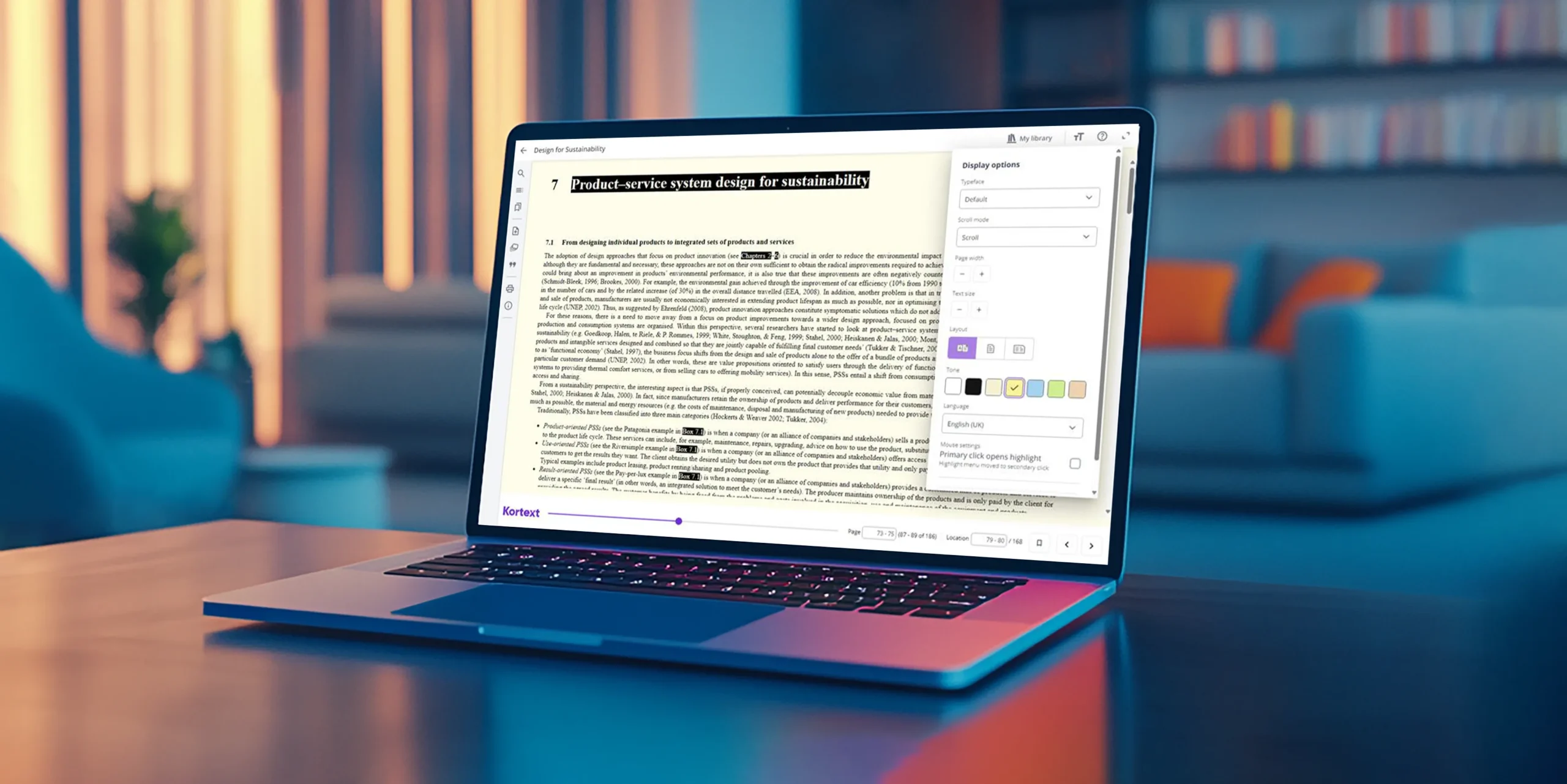As the title of the event suggests, university students can be somewhat of an enigma, which is why the student feedback loop is so important.
Prior to the event, Wonkhe and Pearson conducted a survey of over 5,000 students to find out their thoughts and feelings on belonging and inclusion at university which revealed some startling truths for university leaders.
Whilst the UK HE sector has little to worry about with regards to attrition, with rates being down year on year in 2021, the survey highlights the areas essential to maintain and improve this low attrition rate.
Belonging
As humans, having a sense of belonging gives us a sense of purpose; it is fundamental to our happiness, longevity, and both mental and physical wellbeing. A lack of belonging can lead to feelings of loneliness, which is what 35% of respondents to the Wonkhe / Pearson survey said they experienced at university.
Of this figure, 73% of respondents who felt lonely also felt like they did not belong, and 57% of respondents to the ‘I feel lonely’ question stated that their mental health had worsened as a result.
What can the HE sector do to increase the sense of belonging amongst students and make them feel more included?
Give them power
It could be argued that there is a strong correlation between empowerment and belonging, with 7 in 10 students who felt like they don’t have a sense of belonging also feeling like they’re unempowered. In contrast, 6 in 10 students who felt like they do belong also felt empowered at their institution.
Logic then says that by empowering students, the feeling of belonging should follow, with a subsequent positive effect on student mental health. This is supported by the psychological theory of reactance which says that the more control that is exercised over individuals, the more likely they are to react in a negative way. When applied to the HE sector, if a student feels trapped, pressured or excluded in some way, they can become disengaged, apathetic, and unhappy – in more extreme cases, a student may choose to leave their course in a bid to seek freedom and exercise more control over their life.
Dating back to the Age of Enlightenment, Voltaire’s adage, “with great power comes great responsibility”, rings truer than ever, posing the question: what can those in the HE sector do to boost empowerment?
From a pedagogical perspective, in an ideal lecture academics should provide experiences that are active, engaging, encourage curiosity, choice and self-direction – all of which aim to inspire empowerment.
Similarly, encouraging students to feel empowered could come from something as simple as sharing the power.
It’s not a case of allowing students to set the assignments, run lectures or even cancel them, it’s about giving students the power and space to ask questions, to challenge established ideas and to complete assignments in a way that best suits them and their learning style. These freedoms can act as a set of cogs in a clock that all work together to keep the hands moving, ultimately empowering students to take more control of their university experience.
By embedding into the teaching and learning experience, Kortext is helping institutions to empower the next generation of difference-makers. Utilising our smart learning platform, students can access and assimilate content in a way that best suits their study patterns, whether they prefer to learn on their commute, study at 3am or need to access their eTextbooks overseas.
Not only this but, through Kortext, students also have access enhanced eTextbooks with interactive tools and material that lets them take learning into their own hands by doing quizzes, watching relevant media, annotating content and more, all on one platform.
To find out how you can empower your students, click here.






